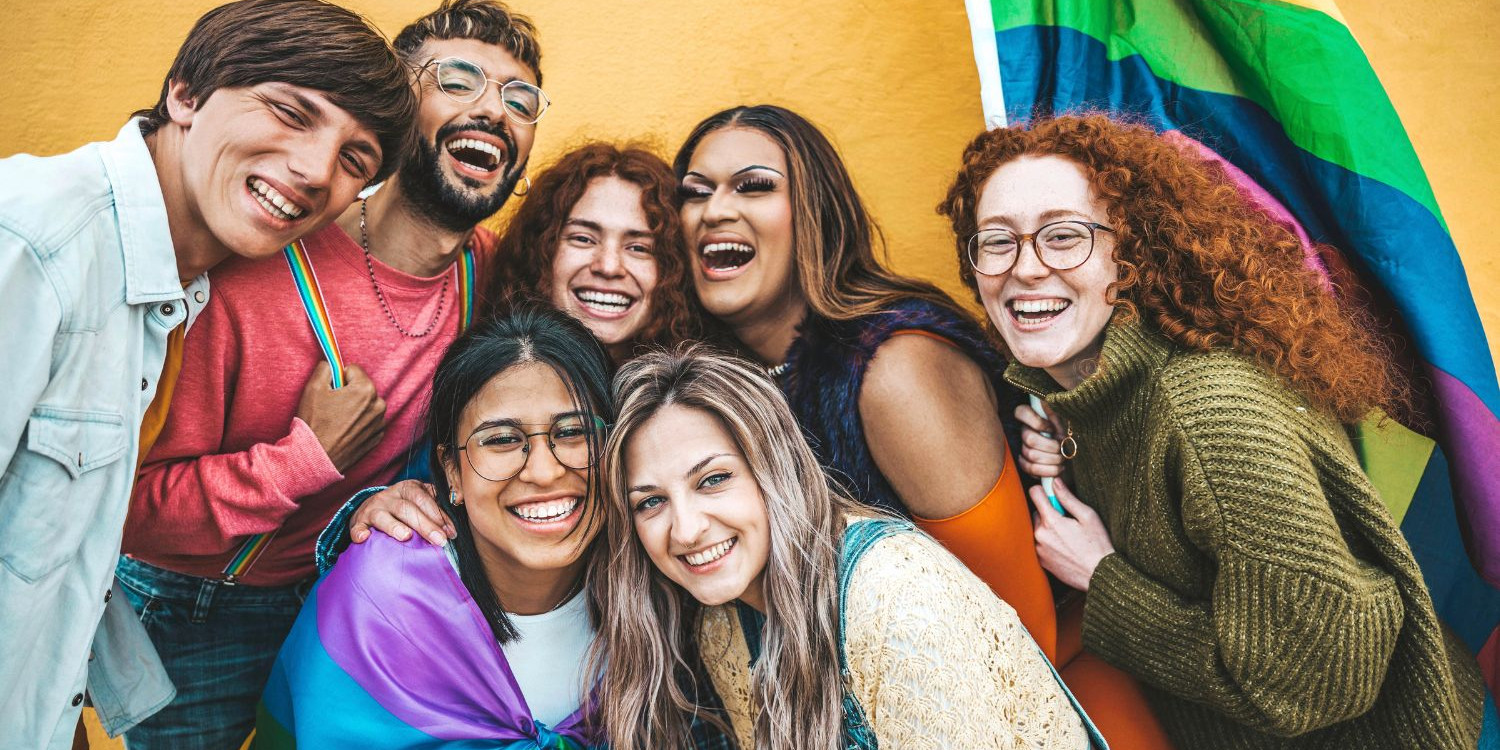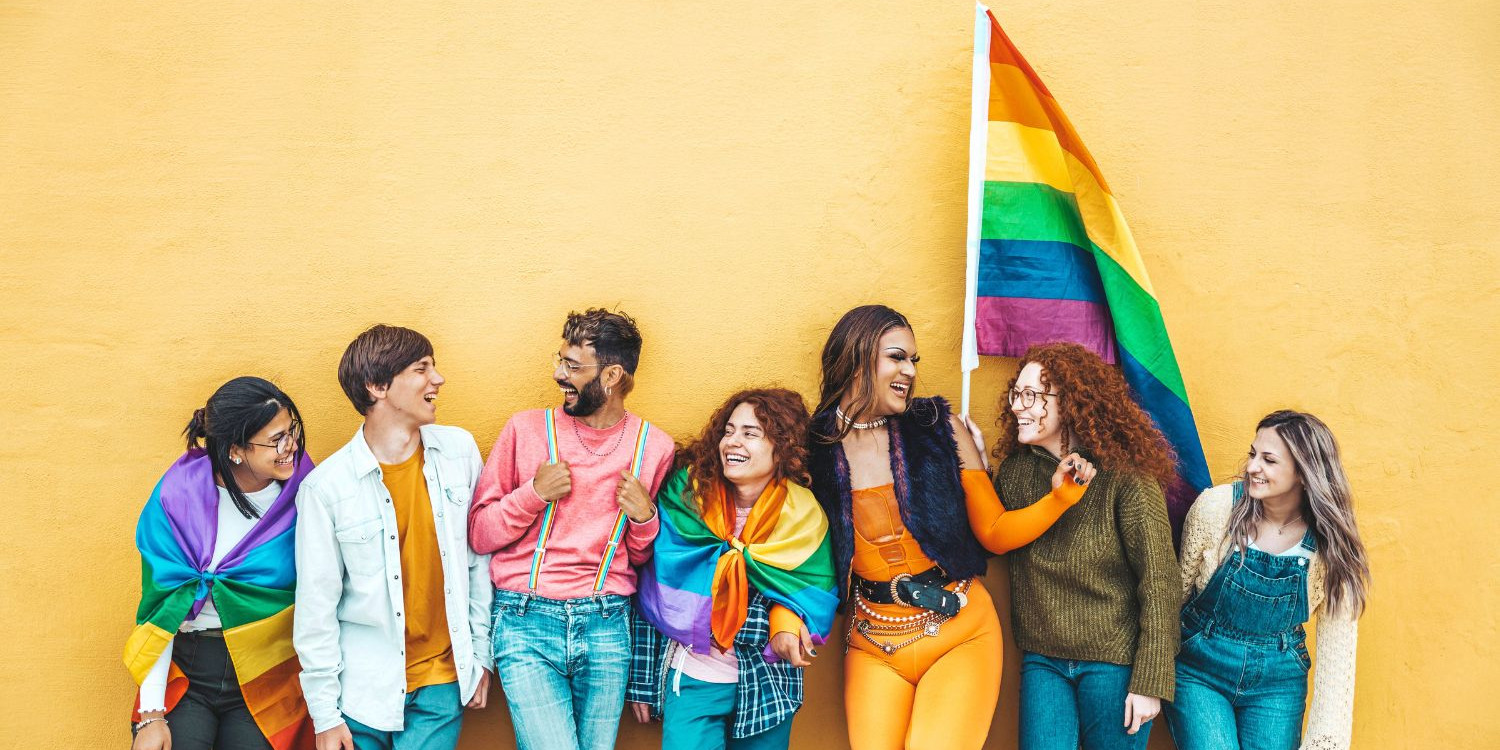In today’s world, where visibility and equity for LGBT+ communities are steadily gaining ground in many regions, Russia remains a complex and often hostile environment for those who identify as lesbian, gay, bisexual, transgender, or otherwise outside heteronormative frameworks.
At CFSphere, we work to shed light on the systemic barriers facing LGBT+ people in Russia, support those affected, and advocate for inclusive, human rights-based policy change. This article explores the current status of LGBT+ rights in Russia, recent developments—both positive and negative—and what the future may hold.
Legal Landscape: Repression by Law
Russia’s legal framework around sexual orientation and gender identity remains deeply repressive. While same-sex relationships are not criminalized (unlike in several other post-Soviet states), LGBT+ expression is actively censored and demonized through federal law.
Key legal obstacles include:
- “Gay Propaganda” Law (2013, expanded in 2022):
Prohibits the dissemination of any information that portrays LGBT+ relationships as “socially equivalent” to heterosexual ones, effectively criminalizing public expression, education, or representation of LGBT+ lives. - Ban on Gender-Affirming Care (2023):
Russian authorities implemented a sweeping ban on legal gender transitions and access to medical care for trans people, worsening health risks and legal erasure. - Marriage and Family Rights:
Russia’s Constitution now explicitly defines marriage as the union between a man and a woman, further entrenching exclusion from family law protections.
Everyday Reality: Discrimination and Violence
Legal repression feeds into—and legitimizes—daily discrimination, harassment, and violence. LGBT+ individuals in Russia face:
- Employment discrimination without recourse
- Physical attacks, often unpunished by law enforcement
- State-backed censorship of books, films, social media content
- Family rejection and involuntary psychiatric interventions, especially among youth
Many queer Russians live in fear of being outed. For trans individuals, presenting publicly can be life-threatening.
Resistance & Advocacy: Progress Under Pressure

Despite these setbacks, resilience is strong among Russian LGBT+ activists and support networks.
Signs of progress include:
- Underground community networks, mutual aid groups, and safe spaces operating across major cities
- Digital platforms offering anonymous support, education, and legal advice
- International partnerships helping to provide asylum pathways and amplify Russian voices on global stages
- Art, film, and literature continuing to center queer stories, often in coded or subtle ways to bypass censorship
CFSphere partners with many of these networks, offering critical support for both direct aid and long-term systemic advocacy.
Global Impact: Why It Matters Beyond Borders
What happens in Russia doesn’t stay in Russia. The country’s anti-LGBT policies serve as blueprints for other authoritarian regimes seeking to justify repression under the guise of “traditional values.”
It’s part of a broader cultural war—one that challenges democracy, human rights, and freedom of expression globally.
Supporting LGBT+ Russians is not only a moral obligation, but a strategic stand for progressive values worldwide.
The Road Ahead: What Needs to Change
To meaningfully advance LGBT+ rights in Russia, the following are essential:
- Repeal of repressive legislation, particularly the “gay propaganda” and anti-transition laws
- Legal protections against discrimination in housing, healthcare, and employment
- Freedom of assembly and expression for LGBT+ organizations
- Access to affirming healthcare, including for trans individuals
- Stronger asylum and relocation pathways for those at risk
While the political climate may not shift overnight, international pressure, internal resistance, and global solidarity can drive long-term change.
How CFSphere Supports LGBT+ Communities in Russia
At CFSphere, we are committed to:
- Funding and partnering with grassroots organizations inside Russia
- Providing emergency support and relocation resources to at-risk individuals
- Conducting research, documentation, and advocacy to hold systems accountable
- Building transnational coalitions to push for policy change
Final Thoughts: Hope Is a Form of Resistance
Despite all odds, Russia’s LGBT+ community continues to fight—not just to survive, but to live with dignity, joy, and freedom. Their struggle is not a footnote it’s a frontline.



